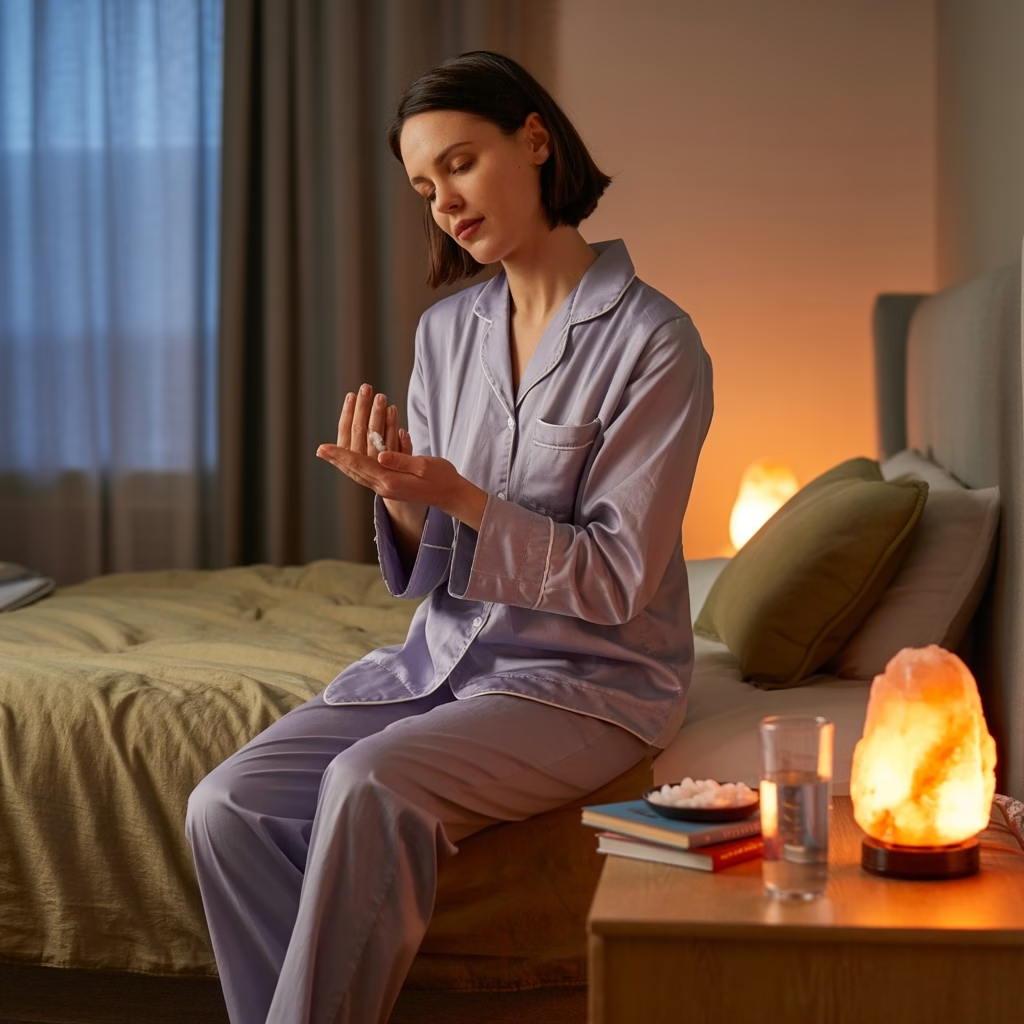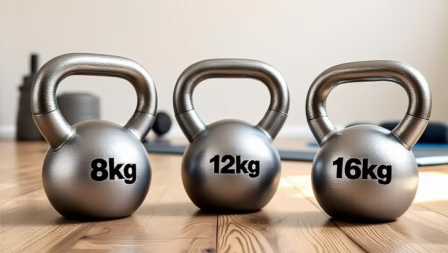Testosterone Boosters For Women
Why Everything You Think You Know is Wrong
Picture this—it’s 2:17 AM, and you’re hunched over your laptop screen, eyes burning from the blue light (we’ve all been there, right?). You’re scrolling through endless health forums, desperately hunting for answers about why you feel like… well, like absolute garbage. Exhausted, unmotivated, basically existing as a ghost of who you used to be.
I remember my sister calling me last year, crying because she couldn’t figure out why her energy had completely tanked at 32. “I feel like I’m disappearing,” she said, which honestly broke my heart a little.
You’ve probably heard whispers about testosterone boosters, but let’s be real—they sound scary as hell. Masculine. Definitely not for women like you or me.
But what if I told you that almost everything… and I mean EVERYTHING… you’ve been taught about testosterone and women is not just wrong—it’s dangerously, ridiculously misleading?
The truth about Testosterone Boosters For Women is so counterintuitive that it challenges everything the wellness industry has been selling you (and trust me, they’ve been selling you a lot of BS).
We’re about to dive into revelations that will completely flip your understanding of female hormones, supplements, and what your body actually needs to thrive.
Are you ready to discover why the conventional wisdom might be sabotaging your health goals? Because once you see this, you can’t unsee it.
The Hidden Reality Behind Women’s Testosterone Needs
Understanding the Female Hormone Landscape
Let’s start with a fundamental misunderstanding that’s been perpetuated for decades, no, scratch that, for GENERATIONS. Most people think testosterone is a “male hormone” that women only have in tiny amounts. This couldn’t be further from the truth, and honestly? It makes me want to scream sometimes.
Women’s bodies produce testosterone in their ovaries, adrenal glands, and peripheral tissues (yeah, it’s more complex than your high school biology class led you to believe). And it’s absolutely crucial for everything from bone density to mental clarity. Like, EVERYTHING.
The female hormone landscape is far more intricate than the simple estrogen-progesterone narrative we’ve been fed. Think of it like this: if hormones were a symphony, we’ve been told to only listen to the violins while ignoring the percussion section entirely.
Testosterone plays a starring role in women’s health, affecting libido, muscle mass, mood, cognitive function, and even cardiovascular health. Yet somehow, we’ve been conditioned to fear it like it’s some kind of hormonal boogeyman.
Why Traditional Advice Falls Short
Traditional medical advice treats women’s hormones like a one-size-fits-all scenario… which is about as effective as trying to fit every woman into the same pair of jeans.
It focuses primarily on estrogen and progesterone while treating testosterone as an afterthought—like the weird cousin no one talks about at family gatherings.
This approach ignores the intricate dance of hormones that keeps women feeling vibrant and strong. It’s like trying to conduct an orchestra while wearing noise-canceling headphones… you’re missing half the music.
Surprising Truth #1: Women Actually Need MORE Testosterone Support Than Men
Here’s where things get really interesting (and by interesting, I mean mind-blowingly shocking). You might assume that men, with their naturally higher testosterone levels, would need more support maintaining them. But here’s the jaw-dropping reality: women actually need more targeted testosterone support than men do.
I know, I know. It sounds backwards, right?
The Science Behind Female Testosterone Decline
Research shows that women’s testosterone levels can drop by up to 50% between their 20s and 40s—a decline that’s often steeper and more dramatic than what men experience.
This isn’t just about menopause; it’s happening to women in their prime reproductive years. Like, women who should be at their peak are falling off a hormonal cliff.
My friend Jessica told me she felt like she was “running on empty” at 35, despite eating well and exercising regularly. Turns out, her testosterone had plummeted without her even realizing it.
Age-Related Testosterone Loss in Women
Unlike men, who experience a gradual decline of about 1-2% per year after age 30 (lucky them), women can experience sudden, dramatic drops in testosterone production.
This can happen due to stress, birth control use, pregnancy, or simply the natural aging process. The impact? Fatigue, brain fog, decreased motivation, and a general feeling of being “off.”
It’s like your body’s dimmer switch got stuck on low.
The Metabolism Connection Nobody Discusses
Here’s something that will blow your mind: testosterone is directly linked to women’s metabolic health in ways that researchers are only beginning to understand.
Women with optimal testosterone levels have better insulin sensitivity, more efficient fat burning, and improved muscle protein synthesis.
This means that supporting healthy testosterone levels could be the missing piece in your fitness and weight management puzzle. It’s like finding the last piece of a jigsaw puzzle you’ve been working on for months—suddenly everything clicks into place.
Surprising Truth #2: Most “Women’s” Supplements Are Completely Backwards
Walk into any supplement store, and you’ll find a “women’s” section filled with pink packaging and formulas that are supposedly designed for female physiology.
But here’s the shocking truth: most of these products are actually working against women’s natural hormone production.
I spent years buying into this marketing nonsense—literally thousands of dollars down the drain on pretty pink bottles that promised the world but delivered… well, nothing.
The Marketing Myth vs. Biological Reality
The supplement industry has created a false dichotomy where “women’s” products focus solely on supporting estrogen and progesterone while completely ignoring testosterone.
This approach is like trying to balance a three-legged stool with only two legs—it’s bound to fall over, and you’re going to look pretty ridiculous trying to sit on it.
Many popular women’s supplements contain ingredients that can actually suppress testosterone production. Soy isoflavones, for example, are commonly included in women’s formulas but can interfere with natural hormone balance when consumed in large amounts. It’s like putting sugar in your gas tank and wondering why your car won’t start.
What Actually Works for Female Physiology
The most effective testosterone support for women often comes from ingredients that the mainstream market has overlooked—or worse, actively avoided because they don’t fit the “feminine” marketing narrative.
Compounds like D-aspartic acid, zinc, and specific adaptogenic herbs can provide gentle, natural support for healthy testosterone production without the risk of unwanted side effects. These ingredients work with your body’s natural processes rather than against them.
Natural vs. Synthetic: The Crucial Difference
Women’s bodies respond differently to hormone support than men’s do—shocking, I know. While men might benefit from more aggressive approaches (typical), women need gentle, sustained support that works with their natural cyclical patterns.
Natural ingredients that support the body’s own production are far more effective than synthetic alternatives.
It’s like the difference between watering a plant versus drowning it—one approach nurtures growth, the other kills it.
Surprising Truth #3: Testosterone Boosters Can Actually Improve Feminine Qualities
This might be the most shocking revelation of all, and honestly, it took me years to wrap my head around it. Despite decades of fear-mongering about testosterone making women “masculine,” the reality is that healthy testosterone levels actually enhance the qualities we associate with femininity.
Debunking the Masculinization Myth
The fear of “becoming masculine” from testosterone support is largely unfounded when we’re talking about natural, physiological levels. Healthy testosterone levels in women support glowing skin, healthy hair growth, and that inner confidence that radiates outward.
I remember watching my aunt transform over six months of proper hormone support—she didn’t become more masculine; she became more herself. More vibrant, more confident, more… alive.
Enhanced Mood, Energy, and Confidence
Women with optimal testosterone levels report feeling more confident, energetic, and emotionally balanced. They describe feeling like “themselves again”—not more masculine, but more authentically feminine. It’s like turning up the brightness on a dimmed light, or finally adjusting the contrast on a TV that’s been fuzzy for years.
Real Women’s Success Stories
Sarah, a 35-year-old teacher, struggled with afternoon energy crashes and lack of motivation. After incorporating natural testosterone support into her routine, she reported feeling “like I have my spark back.” Her skin improved, her workouts became more effective, and her relationship with her partner strengthened.
“I didn’t realize how much I’d been settling for feeling mediocre,” she told me over coffee last month. “Now I feel like I can actually keep up with my own life.”
Surprising Truth #4: Timing is Everything (And You’re Probably Doing It Wrong)
Here’s something that might completely change how you approach hormone support: when you take testosterone boosters matters just as much as what you take. Maybe even more.
The Cyclical Nature of Female Hormones
Women’s hormones naturally fluctuate throughout the month—duh, right? But here’s what’s not obvious: testosterone support should work with these patterns, not against them. Taking the same dose every day might actually be counterproductive.
It’s like trying to swim upstream instead of going with the current. You’ll exhaust yourself and get nowhere fast.
Optimal Timing Strategies
Research suggests that women might benefit most from testosterone support during the follicular phase of their cycle (days 1-14), when testosterone naturally rises to support ovulation. This approach works with your body’s natural rhythm rather than against it.
My personal experience? Game changer. Absolute game changer.
Menstrual Cycle Considerations
Understanding your cycle becomes crucial when optimizing testosterone support. During the luteal phase (days 15-28), women might benefit more from supporting progesterone production while allowing testosterone to naturally decline.
This cyclical approach mimics the body’s natural patterns—like dancing with your hormones instead of fighting them.
Surprising Truth #5: The Biggest Testosterone Booster Isn’t a Supplement
Prepare to have your mind blown: the most powerful testosterone booster for women isn’t something you can buy in a bottle. It’s something you do every night—or should be doing, anyway.
Lifestyle Factors That Trump Pills
Quality sleep is by far the most powerful testosterone booster available to women. During deep sleep, your body produces the majority of its testosterone. Poor sleep quality can tank testosterone levels faster than any supplement can restore them.
I learned this the hard way during my residency—surviving on 4 hours of sleep a night for months completely destroyed my hormone levels. No amount of supplements could fix what chronic sleep deprivation had broken.
The Sleep-Testosterone Connection
Studies show that women who get less than 6 hours of sleep per night have testosterone levels that are 15-20% lower than those who get 7-9 hours. This isn’t just correlation—it’s causation, and the evidence is overwhelming.
Stress Management as a Game-Changer
Chronic stress is testosterone’s biggest enemy—like kryptonite to Superman. When cortisol levels are consistently elevated, testosterone production suffers. Managing stress through meditation, yoga, or other relaxation techniques can be more effective than any supplement.
Sometimes the simplest solutions are the most powerful. Who knew?
How to Apply These Truths to Your Journey
Creating Your Personal Action Plan
Now that you understand these surprising truths, how do you apply them? Start by evaluating your current approach—are you focusing on the right things? Are you working with your body’s natural patterns or against them?
Consider tracking your energy levels, mood, and physical symptoms throughout your cycle. This data will help you understand when your body might benefit most from testosterone support. It’s like creating a personal roadmap for your hormonal health.
Warning Signs to Watch For
Pay attention to your body’s signals—it’s smarter than you think. Signs that your testosterone levels might need support include persistent fatigue, difficulty building muscle, decreased motivation, brain fog, and changes in libido. These aren’t just “normal” parts of aging—they’re your body asking for help.
Don’t ignore these signals. Your body is trying to tell you something important.
Conclusion: Embracing the Truth for Real Results
The world of Testosterone Boosters For Women is full of myths, misconceptions, and marketing manipulation. But armed with these surprising truths, you’re now equipped to make informed decisions about your health.
Remember: your body is incredibly intelligent, and it’s been trying to tell you what it needs all along. By understanding the real science behind women’s testosterone needs, you can finally give your body the support it deserves.
The question isn’t whether you should consider testosterone support, it’s whether you’re ready to embrace these truths and transform your health journey. Your future self is counting on the decisions you make today.
Are you ready to stop settling for feeling “okay” and start thriving? The truth about Testosterone Boosters For Women isn’t just surprising, it’s absolutely life-changing.
The only question left is: what are you going to do with this knowledge?
Frequently Asked Questions
Q: Is it safe for women to use testosterone boosters? A: When used appropriately, natural testosterone support can be very safe for women. The key is choosing products specifically formulated for female physiology and following proper dosing guidelines. Always consult with a healthcare provider before starting any new supplement regimen—seriously, don’t skip this step.
Q: Will testosterone boosters make me look masculine? A: No, natural testosterone support designed for women works within physiological ranges and will not cause masculinization. In fact, healthy testosterone levels often enhance feminine qualities like glowing skin, healthy hair, and natural confidence. The fear-mongering around this topic is largely unfounded.
Q: How long does it take to see results from testosterone boosters? A: Most women begin noticing improvements in energy and mood within 2-4 weeks of consistent use. Physical changes like improved muscle tone and body composition may take 2-3 months to become apparent. Patience is key—your body needs time to rebalance.
Q: Can I take testosterone boosters if I’m on birth control? A: Hormonal birth control can affect testosterone levels, so it’s especially important to consult with a healthcare provider before adding testosterone support to your routine. Some women may benefit more from addressing the underlying hormonal imbalances caused by birth control—it’s complicated.
Q: What’s the difference between testosterone boosters for men and women? A: Women’s bodies require more gentle, sustained support that works with natural cyclical patterns. Men’s formulas are typically more aggressive and designed for steady daily use, while women’s formulas should account for monthly hormonal fluctuations and use ingredients that support rather than override natural production. It’s like the difference between a gentle stream and a fire hose—both deliver water, but one is more appropriate for watering delicate plants.








